Soluciones
La gama de negocios de construcción de caballos se extiende a todo el mundo y sirve a miles de clientes con productos, orientación técnica especializada en construcción, y somos testigos del reinicio de la marca china con ellos.
Common building structure reinforcement methods,Externally bonded fiber reinfroced polymer(FRP) wrap,Epoxy bonded steel plate,Section enlargement,Steel jacketing,External pre-stressing reinforcement method
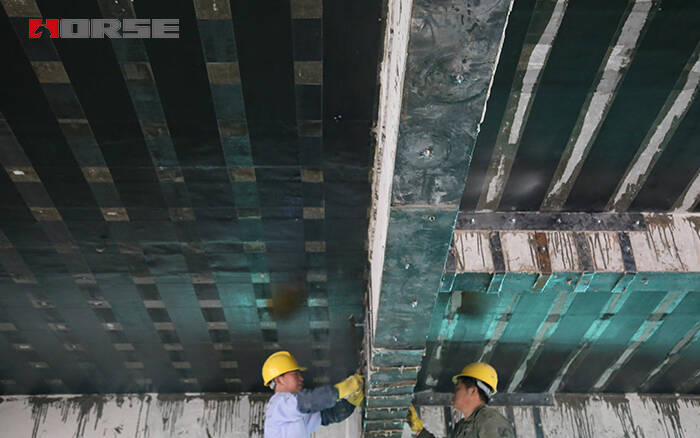
1.Externally bonded fiber reinfroced polymer(FRP) wrap
FRP composite reinforcement method is similar to the steel plate bonding reinforcement method. Only the materials used for reinforcement are fiber composites, such as glass fiber (GFRP), carbon fiber (CFRP), aramid fiber (AFRP), etc. It is a strengthening method which has been studied more at home and abroad and has great potential for development. Compared with the traditional reinforcement materials, fiber composites have the advantages of high strength, light quality, convenient construction, corrosion resistance and other outstanding advantages. For example CFRP fabric strengthening, the tensile strength of 3 000MPa, 10 times higher than ordinary steel; the elastic modulus is slightly higher than that of steel, has been used for reinforced concrete beams and slabs and columns, bridge, roof and other structures.
2.Epoxy bonded steel plate
The bond steel plate reinforcement method is a method to improve the bearing capacity of the structure by externally bonding the steel plate to the exterior of the concrete component. This is equivalent to the reinforcement of the components in vitro. The technology is now mature. Its advantage is that don't change the shape of the component and use space, and the construction is simple and fast, and the amount of wet work is small. But for the working environment of reinforced components, the environment temperature is not higher than 60 degrees C, relative humidity is not more than 70%, no chemical corrosion, otherwise the corresponding measures should be taken. It is suitable for the reinforcement of flexural and tensile members under normal conditions and under normal conditions. At present, it has been widely used in bridge and building structure.
3.Section enlargement
The enlargement section method is a traditional method of strengthening the section area of the component (concrete and the amount of reinforcement bars) , so as to improve the bearing capacity of the component. It can be widely used for reinforcement of beams, slabs, columns, walls and other components of concrete and brick concrete structures. The advantages of this method are simple technology, mature technology, strong reliability, and can improve the stiffness and stability of the component. The disadvantage is that the heavy workload and long maintenance time on the site, it will have some influence on production and life, and will have some influence on the shape and the use space of the original structure.
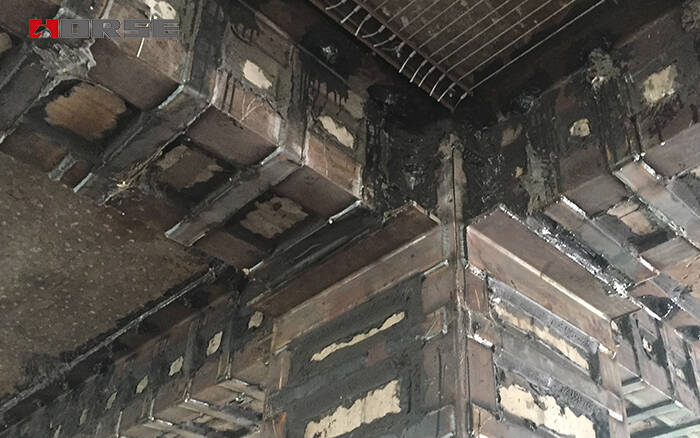
4.Steel jacketing
The steel jacketing reinforcement method is a method for the 4 corners or 2 bread of concrete, masonry and other components, with the form steel (usually angle steel, flat steel or steel plate, etc.), and it is also a widely used traditional method. Under the condition that the section size of the member is not increased much, the bearing capacity of the component can be greatly improved. Besides, it has the advantages of simple construction, less field workload and reliable force. It is suitable for reinforcement of columns, beams, truss chords and abdominal bars, as well as high-rise buildings. The shortage of this method is that the amount of steel is larger, the maintenance cost is higher and the stiffness of the structure is not improved.
5.External prestressing reinforcement method
The external prestressing reinforcement method is a method to reinforce the structural members or the whole by the external prestressed pull rod or pole. It indirectly improves the bearing capacity of the structure by changing the internal force distribution of the original structure and reducing the original stress level of the structure. The prestress reinforcement method hardly changes the use space, and achieves better reinforcement effect by unloading and strengthening function to eliminate the stress lag. The shortage is that the preloading equipment and anchorage still need to be perfected, and there are some risks. At present, it is mainly used for the reinforcement of large span structures, as well as the reinforcement of large structures that can not be strengthened or strengthened by general methods.
Puede encontrar cualquier cosa que necesite, confíe en probar estos productos y encontrará la gran diferencia después de eso.
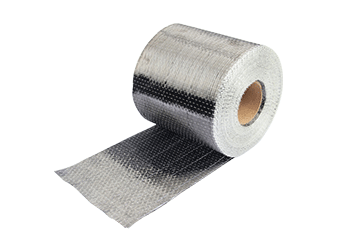
Tejido de fibra de carbono unidireccional de alta resistencia para refuerzo de compuesto de polímero reforzado con fibra (FRP).
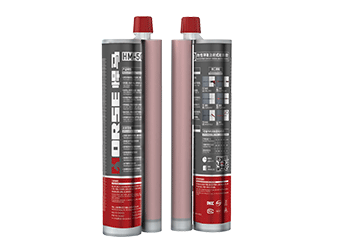
Resina de anclaje epoxi, paquete de cartucho doble. Se inyecta en los orificios con la pistola dispensadora para plantar barras.
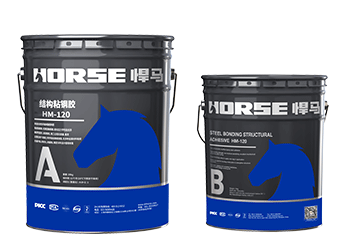
Adhesión de acero y hormigón, utilizada para el refuerzo sísmico de muchos edificios.